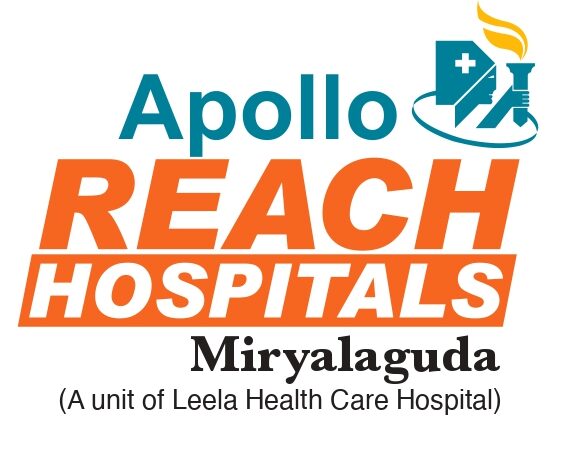What is Hypertension?
Hypertension, also known as high blood pressure, is a common health problem. It happens when the force of blood against your artery walls is too high. Over time, this can harm your heart and other organs. According to the World Health Organization (WHO), hypertension affects millions of people worldwide. Because it often has no clear signs, many people do not know they have it. Early detection is important, as untreated hypertension can lead to serious health issues.
Common Symptoms of Hypertension
Most people with hypertension do not notice any symptoms. However, some may experience warning signs. For example, you might feel:Headaches, especially in the morningDizziness or feeling lightheadedBlurred visionNosebleedsShortness of breath
Still, these symptoms can be caused by other conditions. Therefore, regular blood pressure checks are important. If you notice any of these signs, talk to your doctor.
Causes and Risk Factors
There are many reasons why someone may develop hypertension. Some causes are within your control, while others are not. For instance, common risk factors include:Family history of high blood pressureBeing overweight or obeseEating too much saltNot being activeDrinking too much alcoholSmokingOlder ageChronic stress
Additionally, some health conditions, like diabetes or kidney disease, can increase your risk. Knowing these factors can help you make healthy choices.
How Hypertension is Diagnosed
Doctors diagnose hypertension by measuring your blood pressure. Usually, they use a simple arm cuff. If your readings are high on several visits, you may have hypertension. Sometimes, your doctor may ask you to check your blood pressure at home. In some cases, extra tests are needed to look for organ damage or other health problems. For example, blood tests, urine tests, or heart exams may be ordered. Early diagnosis helps prevent serious complications.
Treatment Options for Hypertension
Treating hypertension often involves both lifestyle changes and medicine. Your doctor will suggest the best plan for you. Common treatment options include:Blood pressure medicines, such as ACE inhibitors or beta-blockersRegular exerciseHealthy eating habitsReducing salt intakeLimiting alcoholQuitting smoking
Sometimes, only lifestyle changes are needed at first. However, many people need medicine to control their blood pressure. Always follow your doctor’s advice and take your medicine as prescribed.
Lifestyle Changes and Prevention Tips
Making healthy choices can help lower blood pressure naturally. In fact, small changes can make a big difference. Here are some hypertension prevention tips:Eat more fruits and vegetablesChoose low-salt foodsStay active with regular exerciseMaintain a healthy weightLimit alcohol and avoid tobaccoManage stress with relaxation techniquesGet enough sleep each night
Because prevention is easier than treatment, start these habits early. Over time, they can help you avoid high blood pressure and its problems.
When to See a Doctor
It is important to see a doctor if you have high blood pressure readings. Also, seek help if you notice symptoms like severe headaches, chest pain, or shortness of breath. These could be signs of a serious problem. Even if you feel fine, regular check-ups are key. Early care can prevent heart attacks, strokes, and kidney damage.
In summary, understanding hypertension and its risks can help you stay healthy. Consult a healthcare professional for personalized advice on managing hypertension.

